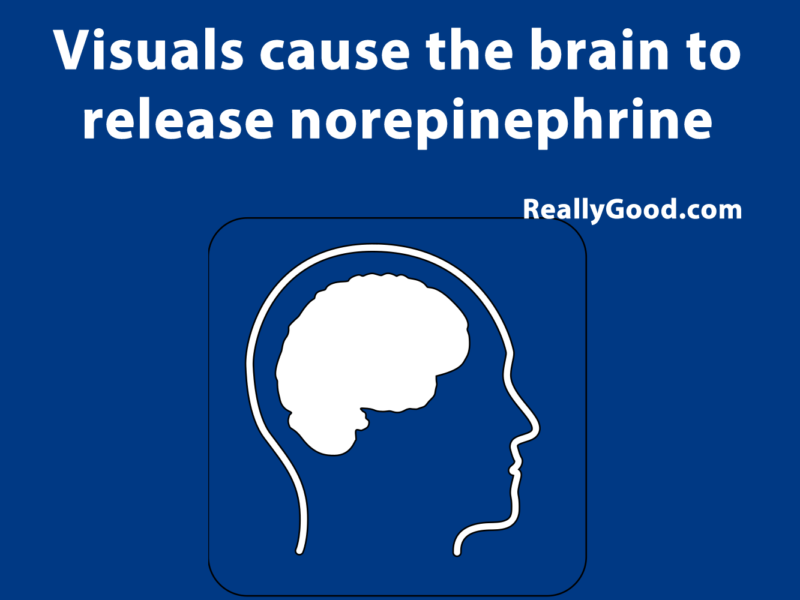While trying to engage our children, we may say “Look at me!” There is a neurochemical reason why kids pay more attention when they look at their parents.
The University of Texas Health Science Center in San Antonio (also known as UT Health San Antonio), published a paper in the journal Science Advances. The authors report that norepinephrine is a key chemical in brain performance.
Martin Paukert MD, senior author of the study and assistant professor of cellular physiology at UT Health San Antonio, said that research had suggested the possibility for local regulation of norepinephrine. However, it hadn’t been demonstrated. The Robert J. Kleberg, Jr. and Helen C. Kleberg Foundation, National Institute of Mental Health, National Institute on Alcohol Abuse and Alcoholism, and National Institute on Alcohol Abuse and Alcoholism (NIAAA) supported the work of the team, which included Shawn R. Gray, MD, and Liang Ye, MD, both from the Paukert laboratory.
Norepinephrine has been shown to play a role in attention. Dr. Paukert stated that a certain amount of this chemical must be released in order to maintain brain performance and the ability to pay attention. It can affect our ability to process information if we have too much or too little.
Disease states in which norepinephrine is known to be altered include substance use disorders, Alzheimer’s disease, post-traumatic stress disorder (PTSD) and attention-deficit/hyperactivity disorder (ADHD). Some substance abuse can cause a decrease in norepinephrine release, which results in lower attention. The level of norepinephrine is too high in other substances and PTSD.
The findings of the team also include cells called astrocytes, which act as helper cells for the brain and central nervous systems.
Dr. Paukert stated that when a person makes movements, such as turning their head to listen to a parent or making a gesture, more norepinephrine will be released in areas where visual information is processed. Our second important finding is that astrocytes are able to reliably detect the rate at which norepinephrine is released.
In other words, they are sensitive to it. Astrocytes modify their responses accordingly, which can alter brain performance.
Dr. Paukert stated that understanding norepinephrine, its local regulation and astrocyte responses may be a way to enhance sensory-specific attention. This direction will be pursued further.

